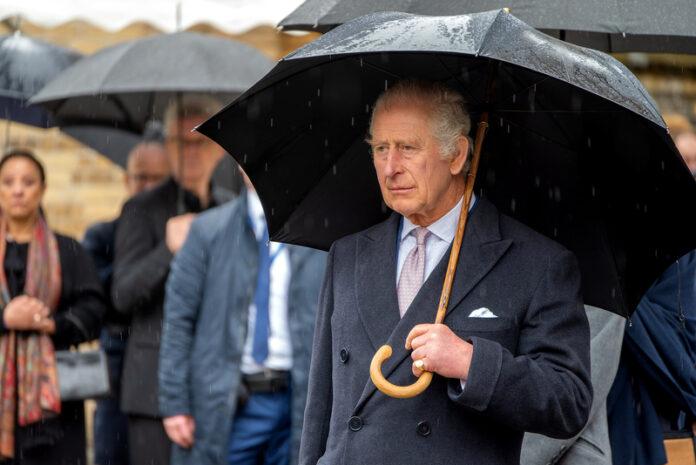Recent events have heightened worries about the health of the British monarch, King Charles III, following his previous revelation of a cancer diagnosis. The developments imply that the King’s condition may be graver than initially conveyed to the public.
The King, who hasn’t clarified the type of cancer he is fighting, has been routinely receiving radiotherapy treatments in London, a fact that underscores the seriousness of his illness. While King Charles is a public figure and the head of a hereditary monarchy, his office has kept a low profile, maintaining a limited flow of updates about his health condition, in line with his privacy wishes and royal protocol.
Those close to the royal family describe the King’s health as deteriorating, with insiders noting a significant decline. Anonymously, friends and officials have acknowledged a somber atmosphere within royal circles, mirroring the seriousness of the King’s health situation.
As a result, preparations for King Charles’ eventual state funeral have been meticulously revised, under the codename “Operation Menai Bridge.” These preparations are an adaptation of protocols put in place following the death of his mother, Queen Elizabeth II, with lessons learned from previous royal funerals designed to streamline future events.
Although the Cabinet Office refrained from giving specifics, it confirmed that it is standard procedure to avoid discussing details of state funerals. However, insiders did confirm that funeral plans are routinely reviewed and updated, emphasizing that this is common practice and not necessarily a reflection of immediate concern for the King’s health.
Despite the in-depth preparations and public interest in his health, King Charles has been attempting to maintain some normalcy. He was recently seen at an Easter service, where he interacted warmly with the public. Still, his physical appearance has fueled further speculation about his condition’s severity.
Looking forward, key events on the royal calendar, including Trooping the Color, Royal Ascot, and scheduled international visits, remain on the agenda. These engagements serve as benchmarks of the King’s ability to carry out his duties and could offer more insight into his health status.
As concerns over the King’s health escalate, the Prince and Princess of Wales are dealing with their sudden nearness to the throne, as noted by royal author Tina Brown. The prospect of succession is causing significant distress for Prince William, the heir apparent.
Added to this pressure is Princess Kate Middleton’s own battle with cancer, which increases the challenges faced by the royal couple. As they grapple with these sudden changes, their focus remains on their children’s upbringing while also preparing for potential royal duties.
Royal commentator Robert Jobson recently discussed the resilience of their relationship amid Kate’s health battle. Jobson highlighted their trials, noting that these experiences have strengthened their bond.
Recognizing their struggles, Jobson praised William for his unwavering support to his wife and family. Jobson emphasized William’s consistent presence in Kate’s life, highlighting their mutual commitment and William’s key role in supporting Kate through her health journey.
Amidst the additional strain of King Charles III’s cancer diagnosis, William is actively caring for Kate and their children, balancing his roles as a husband, father, and future King. He faces immense pressure to maintain the monarchy’s stability and reassure the public during these uncertain times.
As discussions and speculations persist both domestically and internationally, the palace remains focused on the King’s ongoing duties and engagements, maintaining its policy of limited disclosure.

